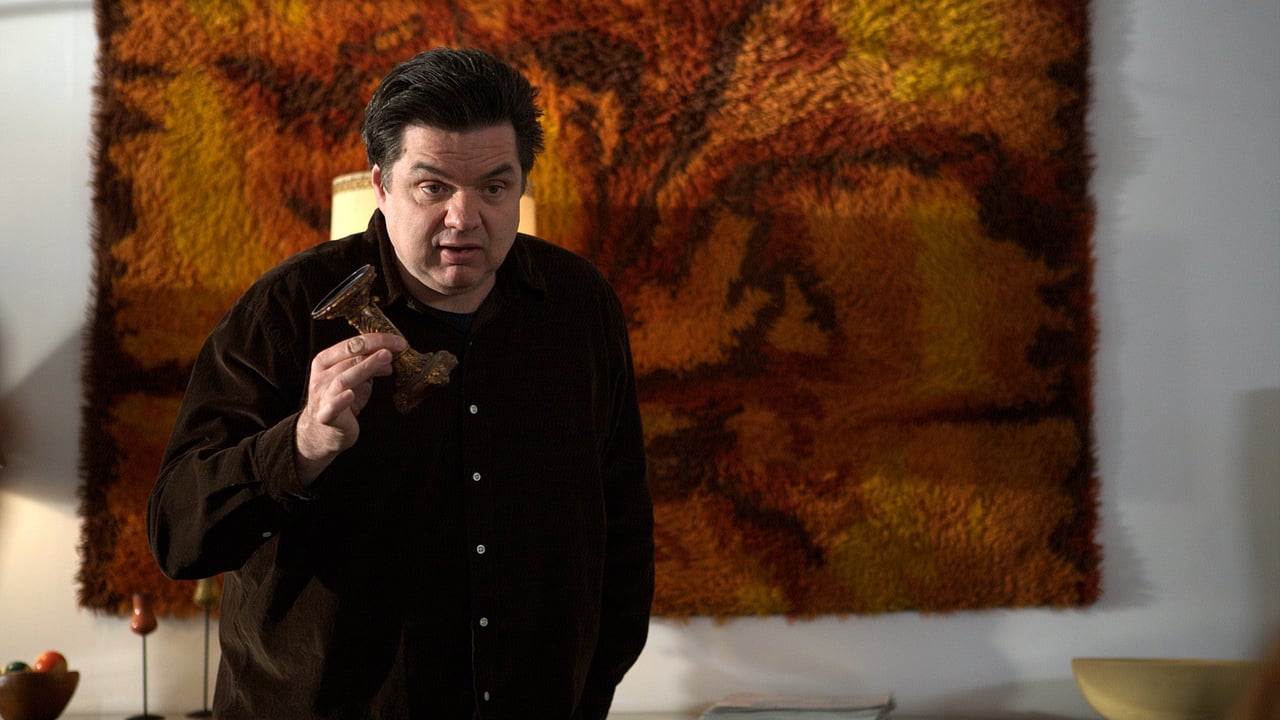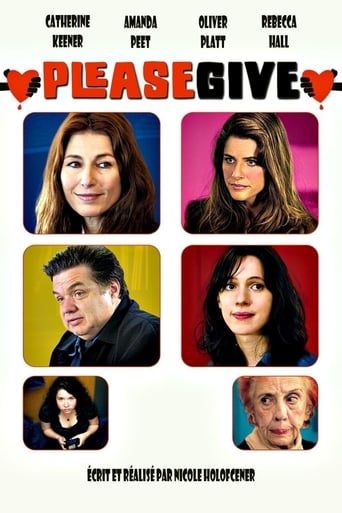

One of my all time favorites.
... View MoreGood story, Not enough for a whole film
... View MoreA bit overrated, but still an amazing film
... View MoreVery good movie overall, highly recommended. Most of the negative reviews don't have any merit and are all pollitically based. Give this movie a chance at least, and it might give you a different perspective.
... View MoreThe characters that were on display for us to watch were all well written, fully-developed, interesting and funny as they each struggled with their moral dilemmas. I found myself being able to relate to all of them in one way or another.The writer also leaves enough to your imagination so you can decide how much these characters evolved or learned over the course of the film. As you think about them, you find yourself applying these lessons to your own life.The lack of plot leaves you wanting more because the best movies are usually able to deliver both plot and great characters.http://www.allvashikaran.com/vashikaran-totke-for-love/
... View MoreFunny, insightful, poignant & terrifically well acted. This is a real slice of NYC life. Several slices actually, but as delicious as the best Katz's delicatessen pastrami. I grew up in New York City. Went to school & college there. Got married, had kids, moved to California, got divorced, got remarried & moved back to the upper west side. Citerella & Fairway. The whole magilla, yada yada. There are people who won't be reached by the depth of humor & humanity in this film because their expectations of how life *should be* will not be satisfied. Too bad, their loss. Bravo to Nicole Holofcener for being an honest film maker & a brilliant artist.
... View MoreThis is the kind of film that gives films a bad name. As I watched it I kept saying to myself can it get any worse and invariably it did. Everything was wrong. The premise was depressing, the casting was dreadful and the acting was worse. The script and the director are clearly at fault here and since both were done by the same person, that person is what is wrong with this film. How she ever got financing for this tripe is beyond me. The problem is that two of my very favorite actresses are in the film and which kept me watching for as long as I did - Catherine Keener and Amanda Peets - both of whom did the best they could with an atrocious script. The rest of the cast was okay at best but no one really stood out to keep me watching to the very end. I finally bailed out after 45 minutes.
... View MoreLets see...first of all there is no story really, no 'plot' to speak of, no clear direction of where the movies' going, no real humor, no reason to go especially to see it in a theater...if it comes up on TV, watch it until you fall asleep. Though I have to say that it started out in a positive fashion where you are 'treated' to an array of breasts on display in the cancer monitoring clinic! Couldn't accept Amanda Peet getting the hots for a fat porgy Oliver Platt and kissing him within 5 minutes of being alone. Don't know why they threw in the teenage daughters quest for jeans and clear skin - easily omitted and not relevant to the movie.Its a slow meandering movie that shows in detail the boring lives of two rather mundane families going about their mundane lives, though the pretty Amanda seemed miscast as the uncaring granddaughter...All in all, avoidable. And if seen, quickly forgotten.
... View More